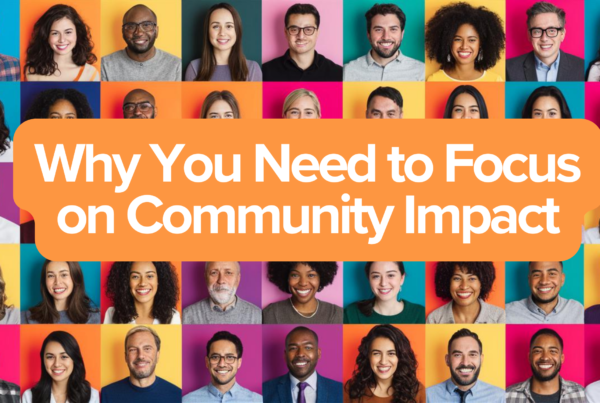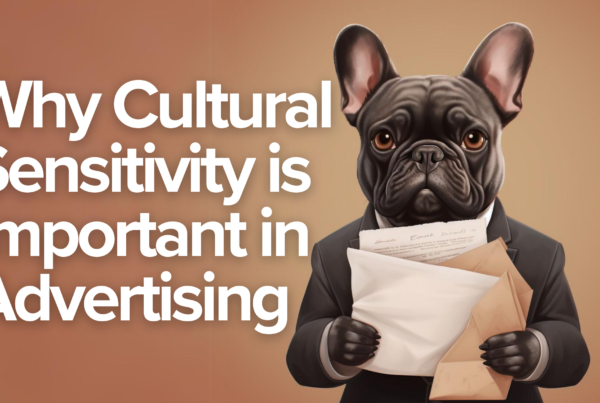Key takeaways:
- Multicultural marketing is essential for businesses to connect with diverse audiences and celebrate differences.
- Understand and apply principles like social proof and cultural relevance to build trust and credibility with multicultural consumers.
- Conduct research, prioritize cultural relevance, and leverage social proof in marketing campaigns to effectively engage multicultural audiences.
- Explore resources and schedule consultations to enhance multicultural marketing efforts and unlock new opportunities for growth and engagement.
Did you know that by 2050, the multicultural population in the United States is projected to reach 56%? With such a diverse landscape, understanding and effectively engaging with multicultural audiences has become crucial for businesses. In this blog, we’ll explore the art of multicultural marketing through the lens of Phu Concepts.,
Imagine walking into a bustling café, filled with people from different backgrounds, each with their own unique preferences and interests. Just like in this café, the world of marketing is filled with diverse audiences, each requiring a tailored approach to capture their attention and loyalty.
Why it’s important?
Multicultural marketing is important for businesses so that they can appeal to different segments of society. This marketing strategy recognizes and celebrates the difference between multiple subgroups and engages with them in a voice they understand. A multicultural marketing strategy creates conversations that offer value for multiple regional groups and these efforts are now more important than ever due to the multiple marketing channels involved. International marketing teams need to craft their marketing message to evoke the interest of all of their various consumer segments.
Explanation of key psychological principles:
The success of multicultural marketing lies in understanding and leveraging key psychological principles that drive consumer behavior. Social proof, reciprocity, and cultural relevance are just a few of the principles that play a crucial role in connecting with diverse audiences. By showcasing diverse testimonials, fostering a sense of belonging, and incorporating culturally inclusive messaging, businesses can build trust and credibility among multicultural consumers.
What you can do?
Now, let’s apply these learnings to your own multicultural marketing strategies. Start by conducting thorough research to understand the unique preferences and behaviors of your target audience. Then, prioritize cultural relevance by incorporating inclusive language, imagery, and celebrations into your marketing campaigns. Additionally, leverage social proof by showcasing diverse testimonials and user-generated content that resonates with your multicultural audience. If you want to do a deeper dive into multicultural marketing click here.
Ready to take your multicultural marketing efforts to the next level?
Explore our resources on multicultural marketing strategies and schedule a consultation with our team to discuss personalized solutions for your business. Together, we can embrace diversity, foster inclusivity, and unlock the full potential of your multicultural audience.





